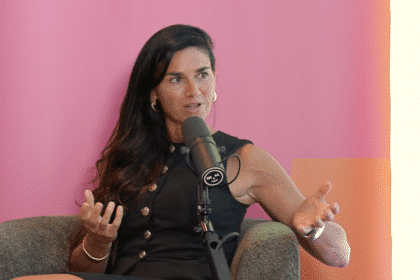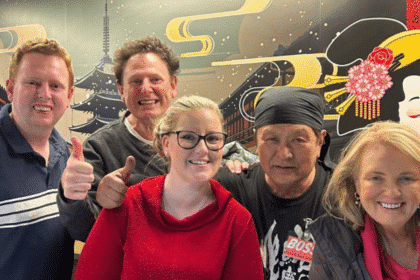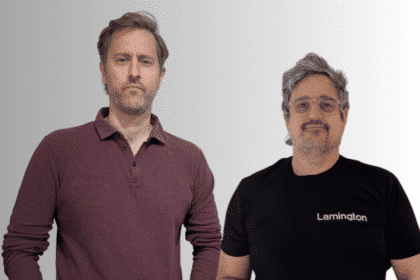Sometimes it can take a major wake-up call to drive change and that wake-up call for the advertising industry came in the form of a mental health survey in 2018. The was the first major study into the mental health within the media, marketing and creative industry and revealed that we show greater signs of depression and anxiety compared to the national average.
The survey perhaps confirmed what many knew to be true; the industry has a mental health problem. Some 56 per cent of respondents showed mild to severe symptoms of depression compared to the national average of 36 per cent and the rate of anxiety across the industry is 29 per cent higher than the rest of Australia.
For Tribal managing director Davy Rennie, who was speaking on a panel at Advertising Week’s APAC conference alongside One Green Bean CEO Claire Salvetti, PHD Australia CEO Mark Coad and Heart On My Sleeve founder Mitch Wallis, the study wasn’t a shock as such, but admittedly, it pissed him off.
“We live in this pressure cooker that is the industry itself. Add clients, add deadlines, add creatives, and you have this perfect storm that crates these mental health issues. We knew we had to do something as a group, and individually I wanted to do something,” Rennie said.
The study led Rennie to create the #celebratethegreat hashtag which was a counter to the negative trolling that can plague the industry’s trade press, and in his experience, has impacted the mental health of creatives.
“It’s hard to believe how many people can suffer in our industry… When I looked at it, I think it has something to do with the creative mindset. We are built to bare our souls. Every good piece of work you do a little bit of emotion, and a little bit of yourself, goes into it.”
While the survey results proved media, marketing and advertising has a mental health problem, Heart on My Sleeve founder Mitch Wallis said that it is the single biggest issue facing our generation.
“Statistically speaking, it is taking more lives than anything else. More than road tolls and heart disease, between the ages of 19-35. But, regardless of the lives it takes, it impacts one in two. There is nothing more universal than that,” Wallis said.
“We have to take action. Just like globally warning, we are going to drown talking about talking about it unless we each take www.christianunion.org/buy-prednisone-online/. I believe the start of every single well-being journey, whether it’s yours or someone else’s, comes from the platform of feeling understood.”
Wallis encouraged people to speak up and extend the conversation from ‘Are you OK’ to ‘I’m not OK’.
Salvetti said within the Host/Havas group, the leadership made the decision to share their own personal stories with staff to create an open dialogue within the agencies.
“If you are going to drive better understanding, talking and listening is the first way to start,” she said.
“It was interesting that when we were working out who was going to panel because a number of leaders said their story wasn’t as relevant because it wasn’t as bad ‘bad’. It’s really important that people understand that mental health, or mental unhealth, is a continuum. You might have something you have to cope with for the rest of your life, or you might have an incident that comes and goes.”
The panel agreed that it’s up to leaders who are often perceived as “having their shit together” to show others that they don’t, and that they too can be vulnerable.
“You can have the shiniest EAP, you can get people like me to do a speech, you can put bananas in the fruit bowl and train a few mental health first aids and think you are killing well-being. No way, unless that translates into behaviour. Unless people are walking the walk, nothing will change,” Wallis said.
As part of the panel, each leader shared their own personal stories around mental health. These stories, as well as the stories from other industry leaders, can be found in The Heart On My Sleeve storybook, which was launched by the Mentally Healthy Change Group to end the stigma around mental health in the industry.
The Mentally Healthy Change Group (MHCG) is made up of collective leaders in the creative, media and marketing industry, and was formed in response to the survey findings in 2018
The book contains stories from additional industry CEOs and leaders including Pippa Leary, Virginia Hyland, Anthony Gregorio, Mark Lollback, Claire Salvetti, Andrew Little, Charmaine Moldrich, Gai Le Roy, Chris Freel, David Fox, Grace Liu and Brendon Cook. Download the e-book here.








